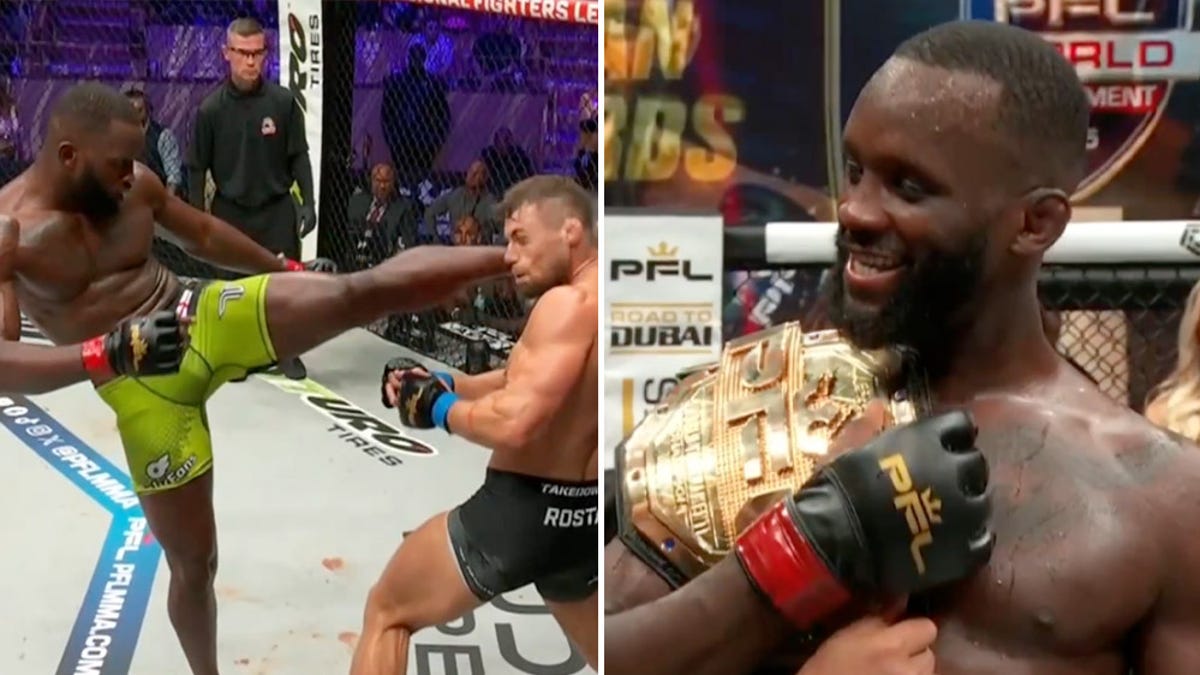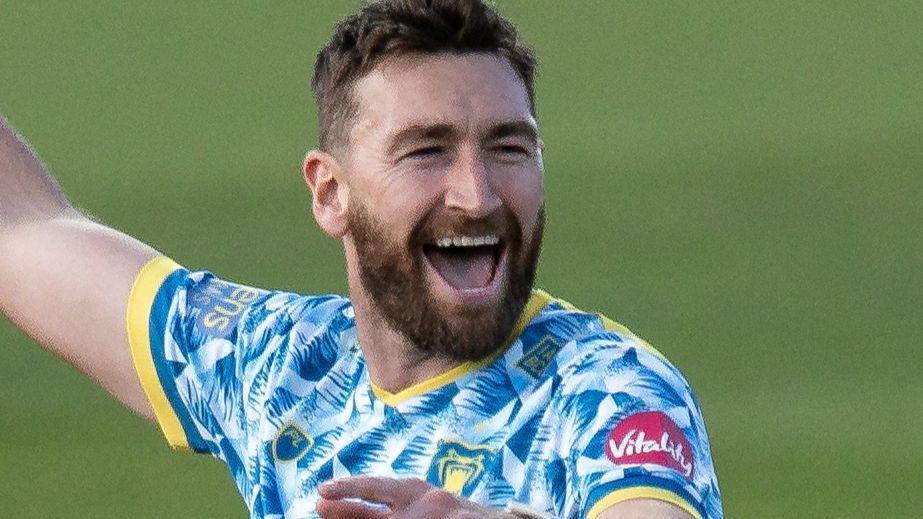https://www.sportico.com/personalities/executives/2025/espn-forever-changed-with-nfl-deal-1234868040/
Today’s guest columnist is Laura Gentile, former executive vice president and chief marketing officer at ESPN and founder of LauraGentile.Studio.
The one thing sports fans could always bank on was ESPN being ready to serve—putting the fan first. From its earliest days, ESPN was seemingly ubiquitous, available on cable TV 24 hours a day, then on your computer, across the country’s radio waves, in the form of a magazine, and eventually as a constant companion on your phone.
At its best, it was the friend sitting next to you at the bar, the buddy nudging you on your couch—Did you see that?!—and the pal yelling at the screen along with you. It functioned as the world’s biggest sports fan and the arbiter of what was news. It was the sidekick helping you through your alma mater’s stunning loss and celebrating your favorite player’s record-breaking performance.
As a lifelong sports fan, and someone who made her dream come true by working at the company, I experienced first-hand how ESPN made sports moments feel big, real and personal: from Mo’ne Davis’ emergence at the Little League World Series to Kobe Bryant’s tragic death. We shared such moments with ESPN. We felt validated in our fanaticism as ESPN provided context for us alongside millions of other fans. We grew to trust, and even love, ESPN.
Now ESPN has sold itself to the NFL, once and for all. The NFL enabled ESPN to emerge as the Worldwide Leader in Sports with the advent of Sunday Night Football in the 1980s, long before Faith Hill and Cris Collinsworth on NBC. The original SNF put NFL games on cable TV for the first time, breaking the stranglehold of the broadcast networks, adding a new and prosperous rightsholder to the mix, driving up player salaries and ultimately enabling the NFL to become the dominant sports league in America.
The NFL is propelled by ESPN’s billions, with ESPN often outspending its competitors 3-to-1 for the rights to televise games and share highlights. ESPN created NFL Primetime as the seminal Sunday night destination for a deep enthusiastic dive into the day’s action, while stuffing SportsCenter full of NFL news, notes and speculation. ESPN even transformed the NFL Draft from a bland business meeting into a three-day television bonanza that now generates 13.6 million viewers for Round 1. In April!
Given such long-standing influence and investment, one might assume ESPN calls the shots. But that has never been the case. The NFL pulls the strings; just ask the man behind Do The Right Thing. And now the puppet master is poised to own a piece of ESPN for real.
The deal, if approved by team owners and government regulators, would solidify the NFL’s hold on the U.S. sporting public—with even greater reach (far beyond that of the NFL Network as a niche property), preferential coverage and the ability for the league to exert authority on the strongest sports media brand in the country. While the NFL would get a “small” 10% ownership stake in ESPN, the impact would be seismic: a shift in the sports power structure.
Are we to believe, with the NFL on the cap table, that ESPN can remain objective? If concussions continue to threaten the lives of star players, will ESPN foster an honest dialogue about it? If a quarterback decides to kneel during the national anthem again, will ESPN dig deep and ask why? If off-the-field misdemeanors, or worse offenses, further damage our belief in sports heroes, will ESPN care?
Can ESPN still cover the full spectrum of sports like it once did? What about the company’s other partners? If the NBA and college football are vying for second place in the coverage game, my bet is that college football—the perfect minor league system for the NFL—knocks the NBA down a peg, and casts a long shadow over the NHL and MLB.
And what about women’s sports? There are simply not enough minutes in the day or pixels on your phone for adequate, let alone equal, coverage—particularly from August (preseason NFL) through February (the mighty Super Bowl). How can any media company claim to care about growing women’s sports when that network is literally owned by football?
The need to succeed in the streaming wars required ESPN to make a move. After experimenting for years with ESPN+ and banking on the UFC to sustain that platform, the company is in a must-win scenario that demands a massive amount of high value, live event content. The UFC went elsewhere, signing a $7.7 billion deal with Paramount, so who better to bind yourself to than the NFL?
But the move comes with one great risk: the loss of ESPN’s soul.
ESPN was a great American success story. Sprung from a dirt lot in central Connecticut, it was built on the boundless energy of sports fanatics who doubled as employees, growing into a distinctly focused institution left alone to serve millions of fellow fans night and day and generate billions in profits.
Now ESPN is in the increasingly untenable position of serving two mightier masters: the NFL and The Walt Disney Company. It will become ever more difficult to remain objective—never mind critical, irreverent or funny. I, for one, am losing sleep over ESPN’s eroding position and loss of identity.
Those of us who grew up with ESPN as our easy companion will miss the days of independence, honesty and hilarity. It was glorious. For the next generation of fans, we’re sorry you missed it. ESPN was the best friend a sports fan could have.
Laura Gentile, a 20-year veteran of ESPN, capped her career there as executive vice president and chief marketing officer. She founded espnW, a sports media brand committed to elevating women in sports, and was named to the 2023 Forbes “World’s Most Influential CMOs” list, as well as to Forbes’ “Most Powerful Women in U.S. Sports.” She launched LauraGentile.Studio, an independent marketing firm, in September 2024.
https://www.sportico.com/personalities/executives/2025/espn-forever-changed-with-nfl-deal-1234868040/





